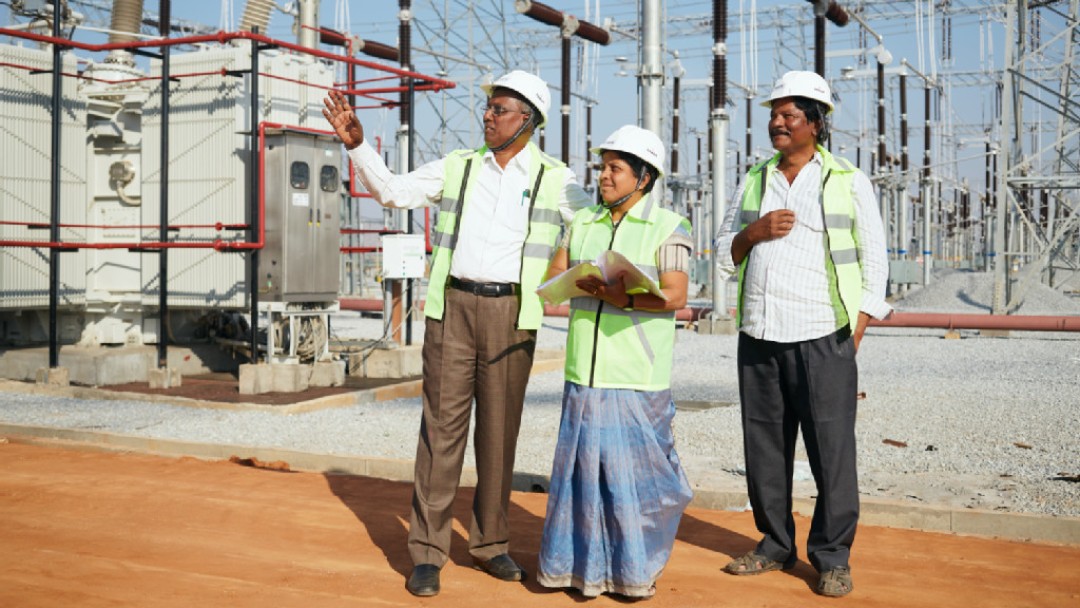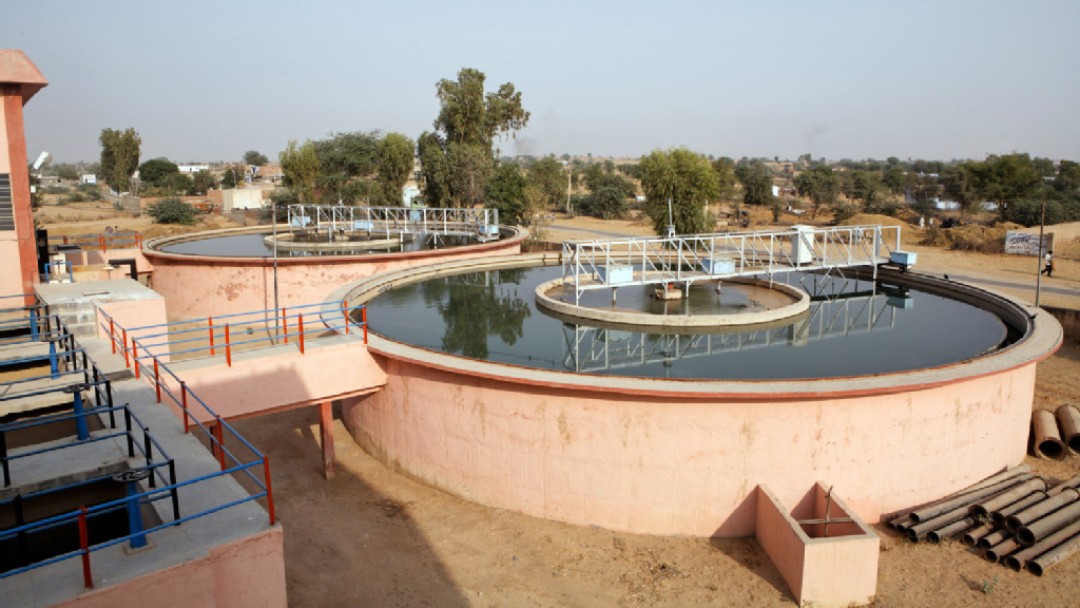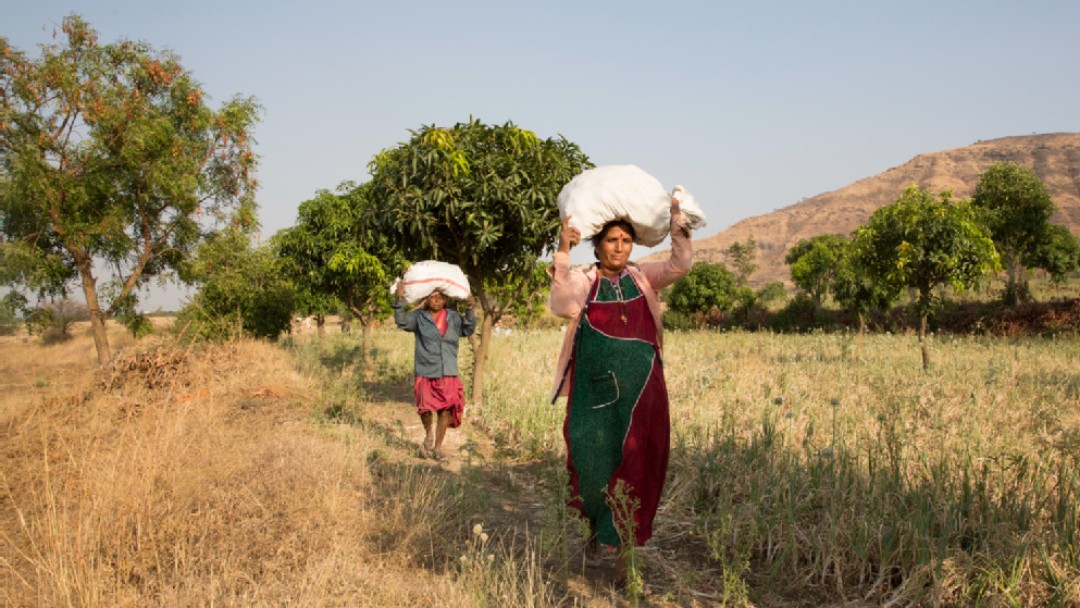News from 2022-12-20 / KfW Development Bank
India on the path to climate-friendly development
Almost EUR 1 billion for protection against and adaptation to climate change
India is on the path to an energy transition and KfW is supporting the country on behalf of the German Federal Government. As part of a larger overall package, six contracts for three projects were initially signed with Indian partners in November, amounting to funding of around EUR 1 billion. What all three projects have in common is that they contribute to protection against or adaptation to climate change.

India, with its population of around 1.4 billion people, is one of the countries that will determine whether the global energy transition can succeed. India is currently the third largest emitter of greenhouse gases worldwide. Energy supply is responsible for the largest share, but this is set to change. The course is now being set to meet the subcontinent's growing demand for electricity in a sustainable manner. On behalf of the German Federal Ministry for Economic Cooperation and Development (BMZ), KfW has been promoting the expansion of the electricity grid in the form of "green corridors" for years. These investments make it possible to feed electricity generated from the sun and wind into the Indian power grid and thus contribute to a sustainable power supply. In recent years, funding of EUR 1 billion has already been provided for these projects, and with the four contracts now signed, a further EUR 460 million will flow into the construction of substations and transmission lines.

Making cities climate resilient
But India is not only one of the world's largest CO2 emitters, it is also increasingly suffering from climate change. The state of Tamil Nadu in the south of the country is one of the regions where cities are growing rapidly, putting even more strain on the already overburdened urban infrastructure. The population is also increasingly exposed to the consequences of climate change, such as intense heat and water shortages, as well as flooding. KfW is now providing EUR 500 million on behalf of the BMZ to expand water supply and sanitation in the cities of Tamil Nadu. In addition, projects for improved waste management, rainwater management, energy-efficient street lighting or the regeneration of water bodies can be implemented. This significantly improves the quality of life of the inhabitants.

Protecting forests as the livelihood of the population
In northern India, most people's livelihoods depend on agriculture, which is being hampered by the effects of climate change. Forests are suffering from climate-related changes, which also affects water resources. In the states of Manipur and Tripura, KfW is already supporting forest protection and rehabilitation as well as sustainable management on behalf of the German government. Now the programme is being extended to a third state, Meghalaya. KfW is providing a further EUR 33 million for this on behalf of the BMZ. The rivers that rise in the Himalayas supply these states and other regions in the lower reaches with water. Appropriate management of the forests in the Himalayan catchment area protects the water supply of the surrounding towns and villages. The livelihoods of the people living here, including many indigenous groups, are secured in the long term through the preservation of healthy forests.
Germany and India have recently entered into the Green and Sustainable Development Partnership (GSDP). The three KfW projects are laying the path to implementing this partnership and contribute to mitigating the effects of climate change.

Share page
To share the content of this page with your network, click on one of the icons below.
Note on data protection: When you share content, your personal data is transferred to the selected network.
Data protection
Alternatively, you can also copy the short link: https://www.kfw-entwicklungsbank.de/s/enzBWrMC.C0uA
Copy link Link copied